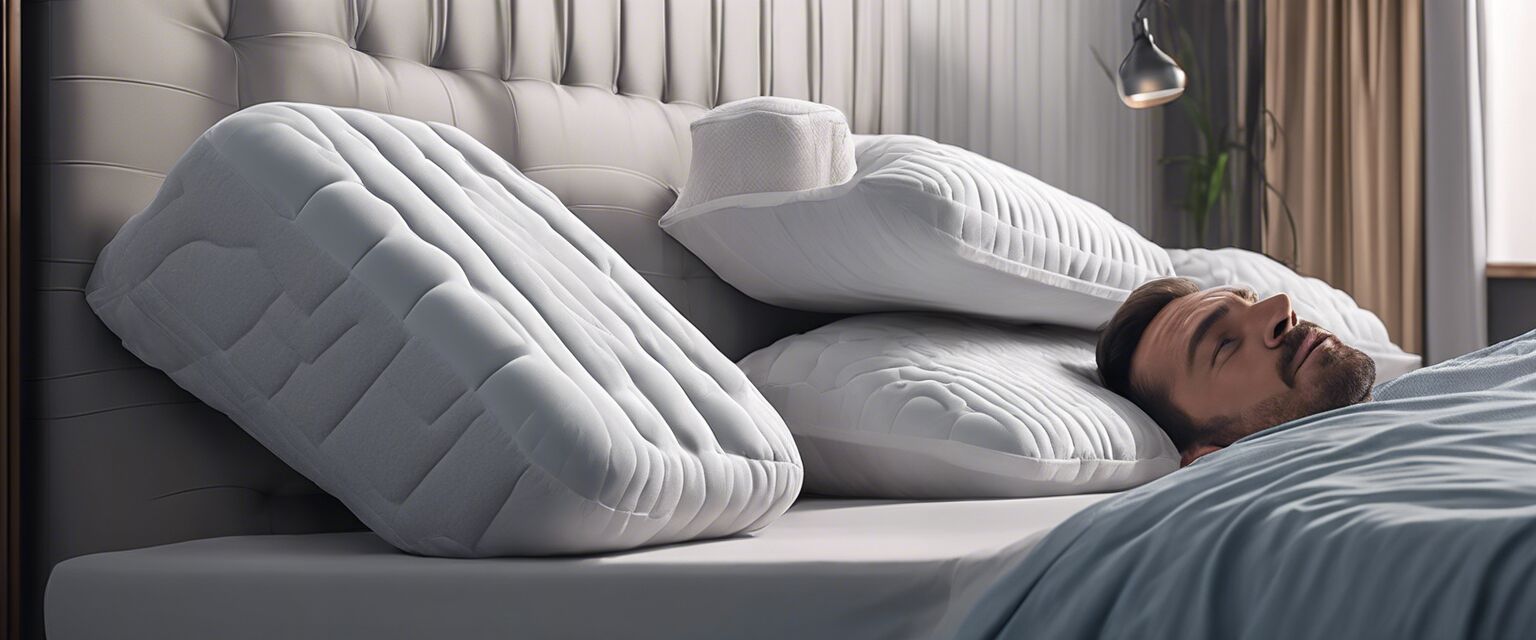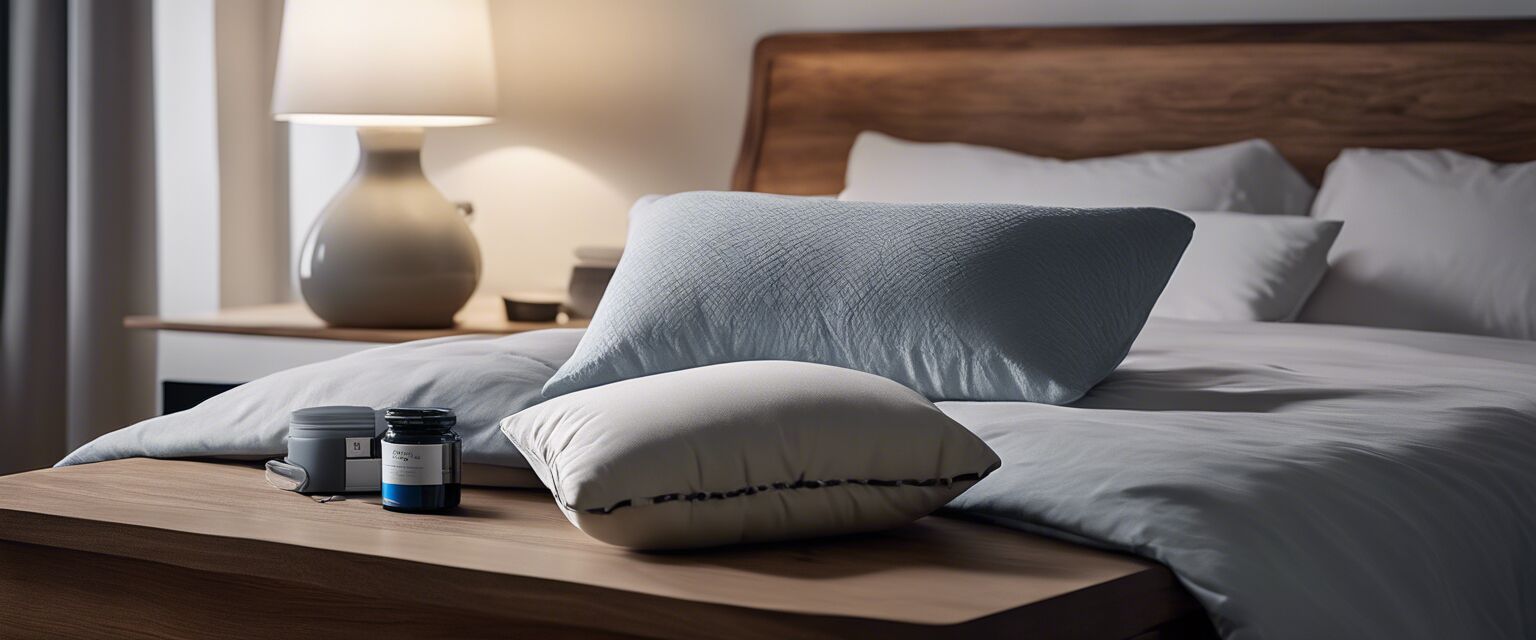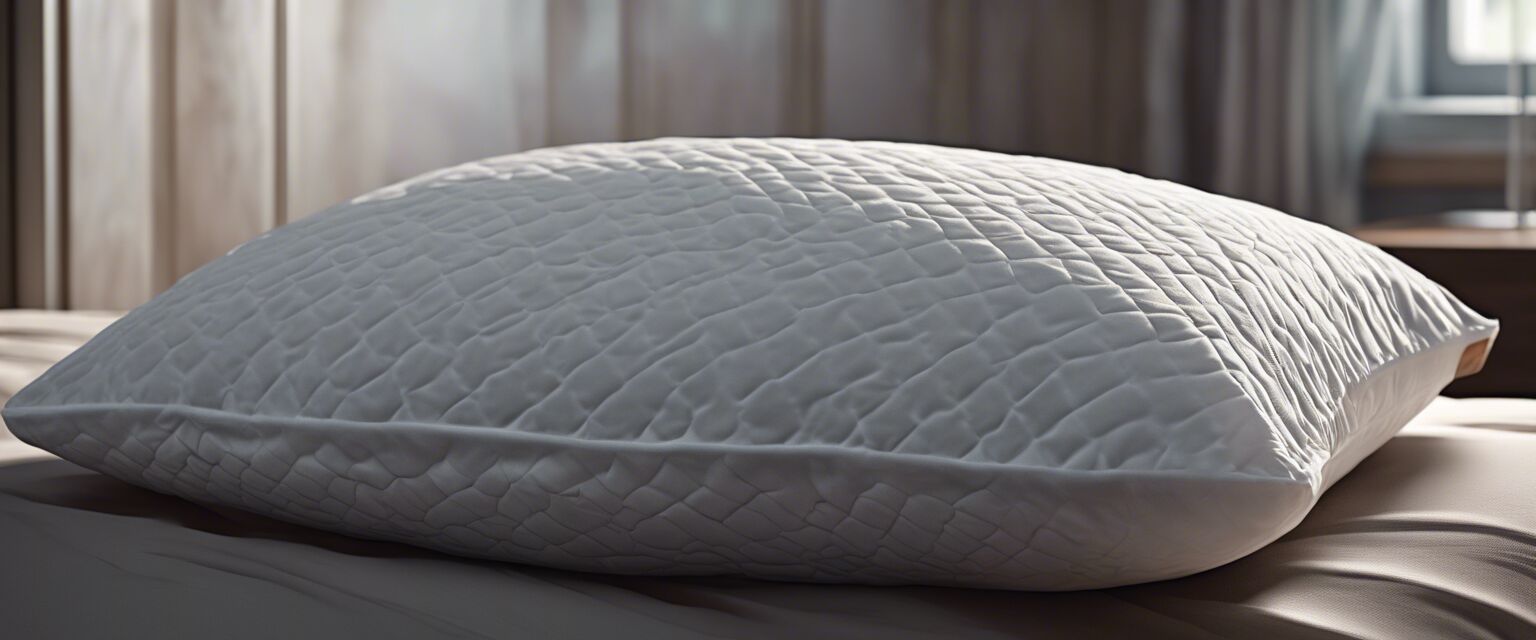
Home Remedies for Snoring
Key Takeaways
- Snoring can be reduced with simple home remedies.
- Changing sleep positions and using certain products can help.
- Natural remedies, such as essential oils and lifestyle changes, can be effective.
- Consult a healthcare professional if snoring persists.
Snoring is a common issue that affects many people and can disrupt both the snorer's and the partner's sleep. While there are various products available on the market to help curb this issue, several home remedies may prove effective in reducing or even eliminating snoring. In this article, we'll explore various strategies to help you breathe easier at night.
Understanding the Causes of Snoring
Before diving into remedies, it's essential to understand why snoring occurs. Snoring happens when airflow through the mouth and nose is partially obstructed during sleep. Factors contributing to snoring can include:
- Obstructed nasal airways
- Sleeping position
- Alcohol consumption
- Obesity
- Allergies
Effective Home Remedies for Snoring
Here are several effective home remedies you can try to help reduce snoring:
1. Change Your Sleep Position
The position in which you sleep can heavily influence your likelihood of snoring. Try sleeping on your side instead of your back to help keep your airways open.
2. Use Anti-Snoring Pillows
Using specially designed anti-snoring pillows can help keep your head elevated and airways clear while you sleep.

3. Stay Hydrated
Drinking enough fluids helps keep the tissues in your throat from becoming sticky, reducing the likelihood of snoring. Aim for at least 8 glasses of water daily.
4. Use Essential Oils
Essential oils like eucalyptus and peppermint can help open your nasal passages. You can use a diffuser or simply add a few drops to a warm bath before bedtime.

5. Adjust Your Diet
A healthy diet can influence your overall health and weight, which in turn can affect snoring. Avoid heavy meals and alcohol before bedtime.
6. Nasal Dilators and Strips
Nasal dilators can be applied to the outside of the nose, while nasal strips can be placed on the nostrils to help open up the nasal passages and enhance airflow. Learn more about options [here](products/nasal-dilators).
7. Maintain Nasal Hygiene
Keeping your nasal passages clear can significantly impact snoring. Consider using saline sprays or rinses before bed to clear out mucus and allergens.
Creating a Sleep-Conducive Environment
A good sleeping environment plays a significant role in reducing snoring. Here are some tips to create an environment conducive to restful sleep:
- Maintain a comfortable room temperature.
- Reduce noise levels.
- Invest in blackout curtains to keep the room dark.
Additional Tips for Managing Snoring
- Lose weight if you are overweight, as this can reduce snoring.
- Avoid sedatives and sleeping pills, which can relax your throat muscles.
- Practice throat exercises to strengthen throat muscles.
- Limit alcohol before bedtime.
When to Seek Professional Help
If you've tried various remedies and your snoring persists, it may be wise to consult a healthcare professional. Snoring can sometimes indicate underlying health conditions that require attention.
Pros
- Most remedies are easy to implement at home.
- Can lead to better sleep quality for both you and your partner.
- Natural methods are often safer than medication.
Cons
- Not all remedies work for every individual.
- Persistent snoring may indicate a more serious condition.
- Some lifestyle changes may take time to show results.
Conclusion
Snoring can be a nuisance, both for the snorer and their partner. However, by implementing some of these home remedies, you may find a solution that works for you. Always seek professional advice if necessary, especially when snoring starts impacting your quality of life. Remember, a good nightâs sleep is essential for well-being.
Explore More
If you're curious about different products that can help with snoring, explore our various categories:
Final Thoughts
Remember that while home remedies can provide relief, they are not a guaranteed cure for snoring. Experiment with different methods to find what works best for you and enjoy sound sleep once again!





